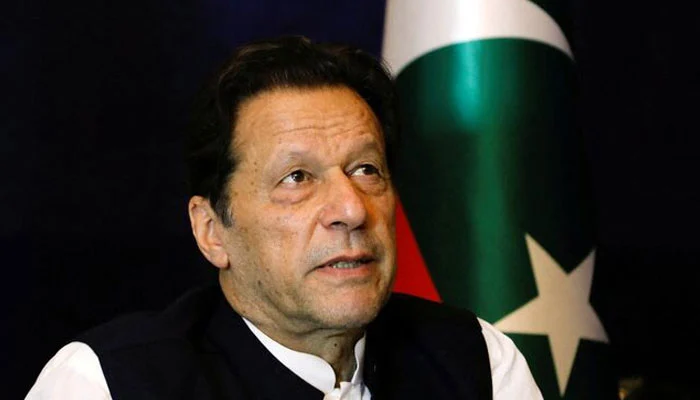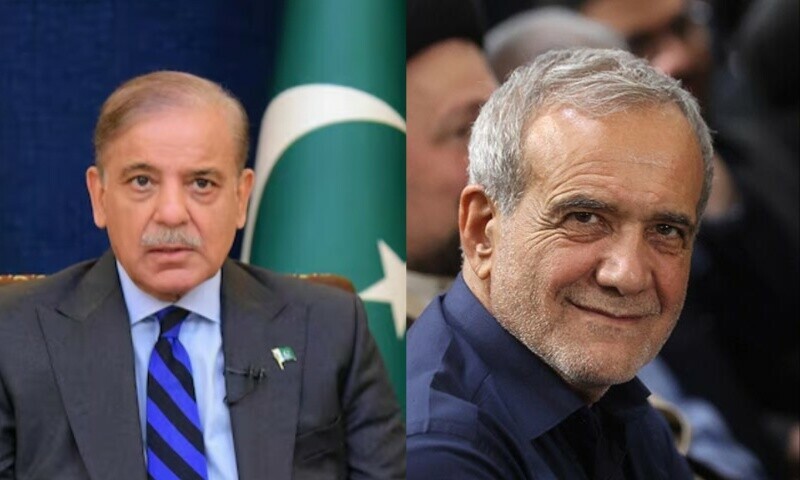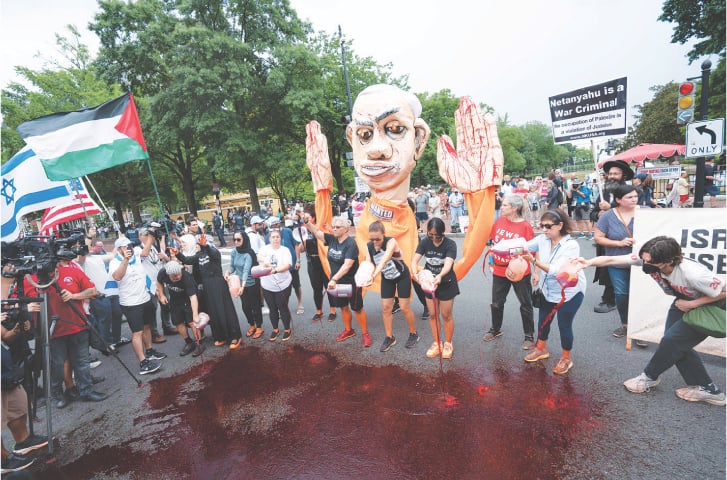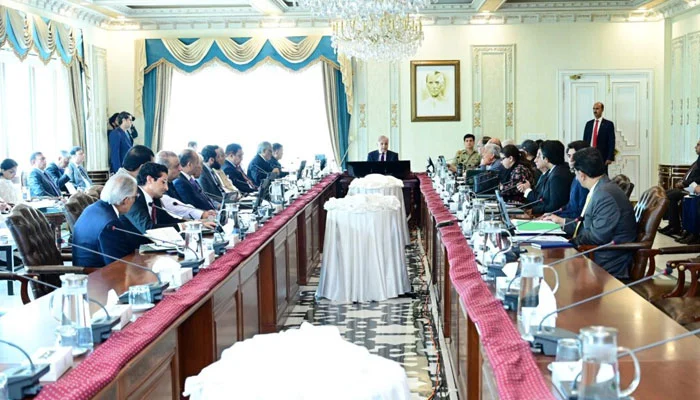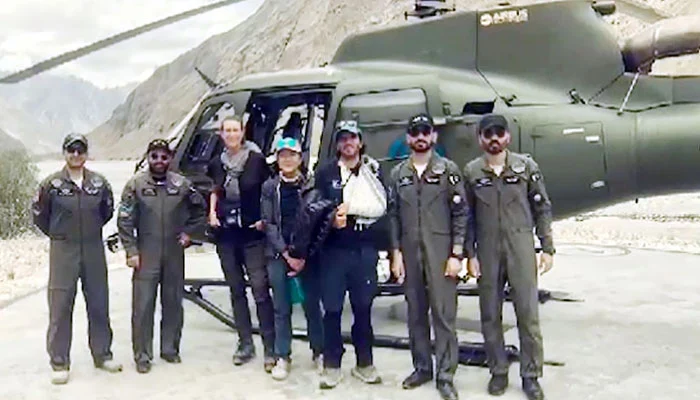
Sri Lanka, an island country of 22 million people, is struggling to pay for imports amid a crushing debt crisis and sharp drop in foreign exchange reserves that has fueled soaring inflation. Prolonged power cuts and shortages of fuel, food and medicines have sparked nationwide protests.
Sri Lankan Finance Minister Ali Sabry has been in Washington this week talking to the IMF, the World Bank, India and others about financing help for his country, which has suspended payments on portions of its $51 billion in external debt.
The World Bank’s emergency response package includes $10 million to be made immediately available for the purchase of essential medicines, funds shifted from its ongoing Covid-19 health preparedness project, a World Bank spokesperson said.
The global lender, which along with the IMF held its spring meetings this week, did not provide a total value for its package, but Sabry said on Friday that about $500m in aid was being considered.
The World Bank spokesperson said the package would leverage existing bank-financed projects and repurpose funds to quickly provide medicines, meals for school children and cash transfers for poor and vulnerable households.
Support to provide cooking gas, basic food supplies, seeds and fertilizers and other essentials is also under discussion, the spokesperson said, adding that the World Bank was “deeply concerned” about the situation in Sri Lanka.
The IMF said in a statement on Saturday that talks between its staff focused on the need for Sri Lanka to implement “a credible and coherent strategy” to restore macroeconomic stability, and to strengthen its social safety net and protect the poor and vulnerable during the current crisis.
“The IMF team welcomed the authorities’ plan to engage in a collaborative dialogue with their creditors,” IMF Sri Lanka mission chief Masahiro Nozaki said in a statement after the country took steps to explore a restructuring of some $12bn in sovereign bonds.
Sabry told reporters on Friday that the talks with the IMF were focused on a more traditional Extended Fund Facility program, but that $3bn to $4bn in bridge financing was needed while this could be finalised.
The IMF has said that Sri Lanka’s debt needs to be put on a sustainable path before it could make new loans to Colombo — a process that could require lengthy negotiations with China and the country’s other creditors.
Sabry said on Friday that in addition to the IMF loan and World Bank assistance, Sri Lanka is discussing with India some $1.5bn in bridge financing to help continue essential imports, and added that he has also approached China, Japan and the Asian Development Bank for help.


